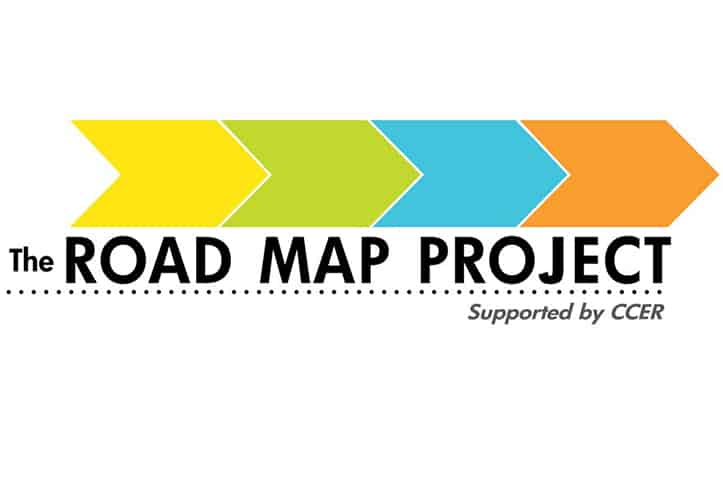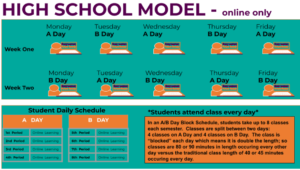Puget Sound Districts Share Electronic Records to Personalize Learning

Seattle area districts are sharing expanded electronic student records in an effort to personalize learning.
Facilitated by the Puget Sound Educational Service District (PSESD), seven districts between Seattle and Tacoma won a $40 million Race to the Top Grant to implement blended learning strategies. Fundamental to their work is what Data Quality Campaign calls data portability.
Back in 2012, leaders of the Roadmap Districts, which serve 150,000 students in 261 schools, envisioned a regional pact for portable records.
A paper from Digital Learning Now describes these records as Data Backpacks. It asks:
What if “students came to each course or classroom with a digital backpack of data about their learning levels, preferences, motivations, and personal accomplishments? How would this improve each teacher’s ability to tailor learning to meet the needs of individual students? What if parents and students could easily access their child’s records to share the information with after school providers? How would all of the personalization this affords add up to deeper learning and improved college and career readiness?
The data backpack is defined as:
An expanded common electronic student record: an official transcript that follows students through every transition—grade to grade and school to school. The Backpack includes traditional transcript data such as demographic information, state testing data, and supplementary student supports. However, it would also include additional information in order to represent a more holistic picture of a student’s work and achievement—such as a gradebook of standards-based performance data and a portfolio of personal best work samples—and better capture the student’s progression at any moment in time. This enhanced data would provide additional context to shed light on attendance and behavior patterns, supplementary support services, grades, and other performance information such as proficiency scores and learning gains.
The goal of the PSESD project is to ensure accurate and timely data transfer across districts –especially important in South King County where more than a fifth of students move to a new school each year and where more than 100 languages are spoken at home.
Using the widely recognized Student Record Exchange data format (SIF version 3), the electronic record includes standard transcript information including enrollment history, courses, grades, state test scores, attendance and special services records, and parent contact information.
Most of this data had historically been captured in the state CEDARS database but districts had lacked the ability to make easy transfers and to populate information systems.
In addition to the basic data, PSESD is working with districts to incorporate up to 67 data records that could further support student success at a new district. The expanded records include immunizations, local assessments (including software like DreamBox Learning and MIND Research Institute’s ST Math), college and career planning, college entrance tests and FAFSA applications.
Matt Harris who is working with the Roadmap group said, “we’ve added quite a bit to the SIF specification. It’s dynamic and flexible, and it gives us a comprehensive data format to use across our seven disparate districts. We can store a wide range of data that teachers and counselors need to best support students, from assessment data to demographic information with very specific data elements.”
Although this project does not currently have a parent managed learner profile or portfolio, that could be part of a longer and more extensive project. The focus is on sharing data securely with community-based organizations (CBOs) to improve service delivery. This includes case workers, mentors and tutors who have parent consent to access and contribute to a richer data set about the students they work with.
The long-term vision is that the state will take over or support the ongoing operation of the tech tools, built into a state-wide process and training for using the system. Since it’s built on the SIF standard, the emerging system allows a lot of flexibility to incorporate this into other work and integrate with other partners.
For more on the topic of data integration and data backpack, see:
- Data Backpacks: Portable Records and Learner Profiles
- Data Backpacks to Power Personalization and Protect Privacy
- Implementing Data Backpack: The Utah Story
MIND Research Institute and DreamBox Learning are Getting Smart Advocacy Partners
Stay in-the-know with all things EdTech and innovations in learning by signing up to receive the weekly Smart Update.




0 Comments
Leave a Comment
Your email address will not be published. All fields are required.